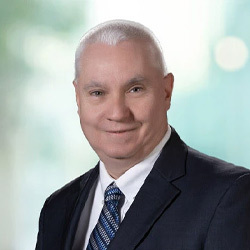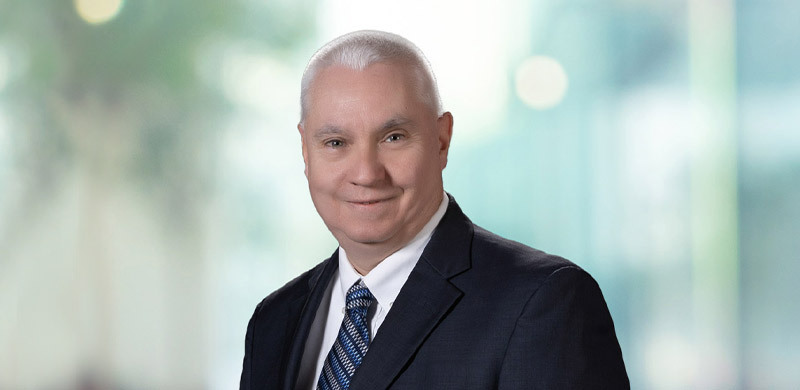
A person injured by another’s negligence is entitled to recover the reasonable value of the necessary medical care she received for her injuries. Although most injured parties have their medical care paid for by a third party—either health insurance or a government program—which settles the medical bills for a significantly discounted amount, in Illinois the injured party can submit the actual billed charges with a proper foundation to seek recovery of more than was actually paid for her care. In Willis v. Foster, 229 Ill. 2d 393 (208), the Supreme Court of Illinois held that the defendant may not introduce evidence that the plaintiff’s bills were settled for a lesser amount than billed without running afoul of the collateral source rule. Id. at 418. So how does a defendant challenge a plaintiff’s “billed charges” as unreasonable?
When the amount in dispute justifies the retention of an expert to review the billed charges and opine on their reasonableness, a recent Third District Appellate Court decision provides guidance and a note of caution to ensure that expert’s opinion will be admissible. The appellate court held that geographically zip-coded information collected by a national database should not be relied upon in determining the reasonableness of charges for medical services. Verci v. High, 2019 IL App (3d) 190106. The Court held that such databases are not evidence of what providers in the subject area charge for services, and thus not a proper basis for the expert’s opinion.
Background
In Verci v. High, the plaintiff claimed that she was physically injured and was required to undergo medical treatment, causing her to incur over $1 million in charges for medical services. The majority of the charges arose out of treatment that the plaintiff received from Prairie Spine and Pain Institute and Prairie Surgicenter – entities that were both owned and operated by the same doctor, Dr. Richard Kube.
Defendants disclosed an expert, Rebecca Reier, to provide testimony concerning the reasonable value of plaintiff’s medical services. Reier concluded that out of Dr. Kube’s total charges of $810,937.04, the usual, customary, and reasonable total charges for the same geographic area for the same services were approximately $148,118.00.
In determining the usual, reasonable, and customary charges for the services plaintiff received, Reier relied upon three databases: FAIR Health Data Systems, Optum National Fee Analyzer, and The American Hospital Directory CMA and Fair Health Database. FAIR Health receives all of its data from insurance companies who report the charges they receive from medical providers. Reier’s opinions were primarily based on FAIR Health’s database. Reier did not look at the databases’ raw data, nor did she reach out to providers in the geographic area to determine what they charge.
In January 2019, the trial court entered an order allowing Reier to testify regarding her opinions on the reasonable value of the medical services. The parties filed a joint petition for interlocutory appeal on this issue as well as another issue concerning cash prices for services advertised by the Kube entities.[1] As to allowing Reier to testify, the certified question on appeal focused on the fact that Reier relied upon “geographically zip coded information collected by national databases rather than personally obtained medical billing comparisons.”
Court’s Analysis
The Third District held that Reier could not testify to her opinions on the reasonable value of the medical services. The Court reasoned that the data contained in the FAIR Health database was not evidence of what area providers charge for the services plaintiff received because: “(1) the data comes from an unknown number of insurance companies, not health care providers, (2) the database is used to determine reimbursement rates, not the reasonableness of provider charges, and (3) the data contained in the database is incomplete.”
First, the Court reasoned that, because the information contained in the database comes from insurance companies, it does not establish what medical providers charge for various procedures. In fact, medical providers are prohibited from submitting data to FAIR Health. As such, charges submitted to uninsured patients are not included in the database. The Court explained that this is problematic because physicians typically charge uninsured patients higher amounts than insured patients. The database also does not include all amounts charged to insured patients, only those charges that the insurance companies choose to report to FAIR Health. Lastly, because Reier could not testify about the number of insurers that provide information to the database, the Court concluded that the FAIR Health database did not constitute evidence of fair and reasonable charges for the services that plaintiff received.
Next, the Court explained that the FAIR Health database is most commonly used by private health insurers to set reimbursement rates. Reimbursement rates are not relevant to show whether a medical charge is reasonable. Therefore, an expert witness cannot be allowed to testify whether a provider’s medical charges are reasonable based on reimbursement rates. Additionally, the Court noted that testimony about reimbursement rates would violate the collateral source rule.
Lastly, the Court stated that the FAIR Health database is incomplete. The database only includes charges submitted to insurers and reported to the database. Additionally, Reier testified in her deposition that outlier charges, i.e., charges that were higher or lower than other charges submitted for the same procedure, are excluded from the database. Because all medical charges are not included in the FAIR Health database, it “does not provide a complete picture of provider charges.”
Conclusion
In short, when challenging medical bills, a defendant should carefully review the underlying basis for its expert’s opinions.
[1] On the issue of cash prices, the Third District held that it was an error to refuse to allow defendants to cross examine Dr. Kube because the range of fees he charges for the services the plaintiff received is admissible and not barred by the collateral source rule.
- Partner
Thomas H. Wilson is a trial attorney with a primary emphasis in the defense of:
- medical malpractice cases on behalf of physicians, hospitals, EMS, and other health care providers
- employers and government officers/employees in ...


